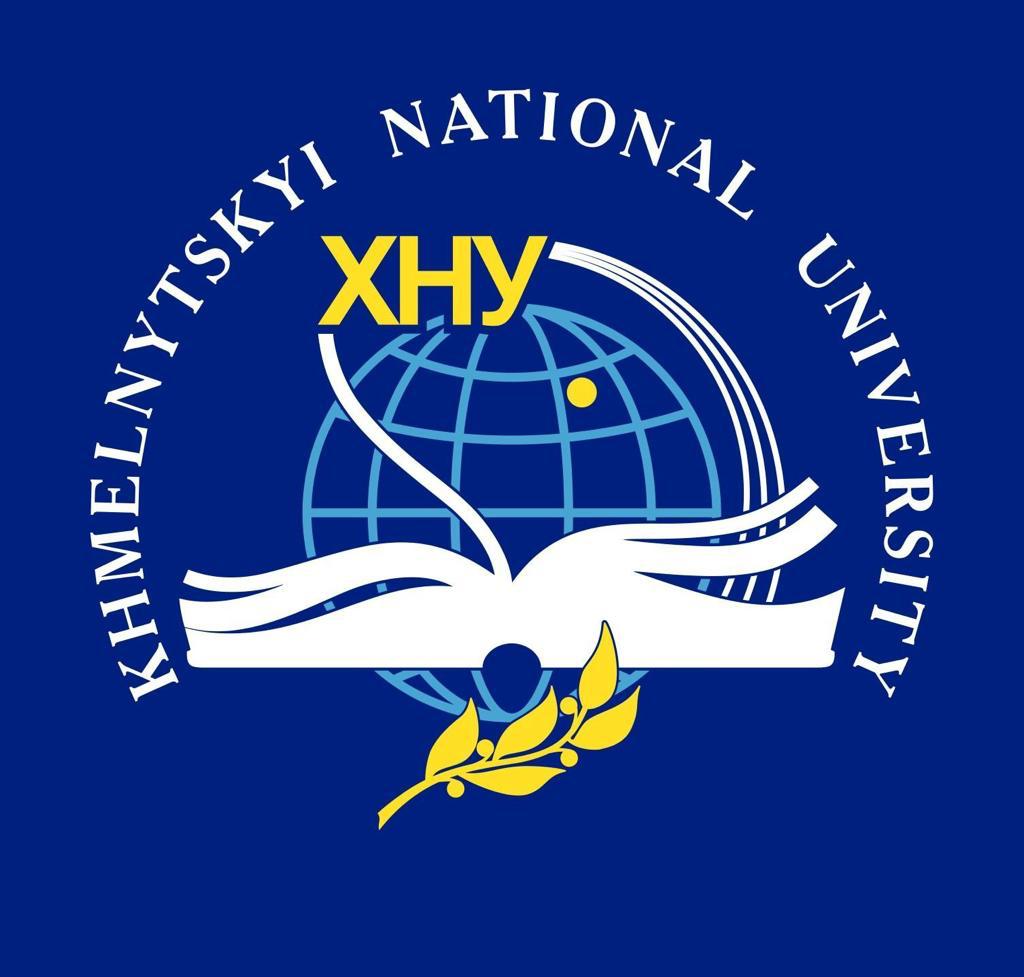TYPES OF HEALTH PERMIT FOR STUDENTS OF TECHNICAL INSTITUTIONS OF HIGHER EDUCATION
DOI:
https://doi.org/10.31891/pcs.2024.1.51Keywords:
student, health-preserving leisure time, questionnaire, free time, physical activityAbstract
The article is devoted to the definition of the main types of health-preserving leisure time of students of technical higher education institutions. The concepts of leisure time and health-preserving leisure time are analyzed. It was determined that the activities of students during their free time from studying and work should contribute to the preservation of physical and mental health, be diverse and suitable for personal qualities. The purpose of the article is to determine the main types of health-preserving leisure time of students of technical specialties of National Technical University "Kharkiv Polytechnic Institute ". The research used the following research methods: analysis of literary sources; questionnaire, method of mathematical statistics. Results: In the study, technical students were asked to determine whether they pay attention to health-conserving leisure time and which main types they prefer. The largest number of students answered that it is visiting fitness clubs, a little less that visit the swimming pool, other types of health-preserving leisure time were smaller in percentage terms, but there were also those types that students did not choose as their type of health-preserving leisure time, this is the Scandinavian walk , skiing and roller skating. Conclusions: Based on the results of the questionnaire, the main types of health-preserving leisure time of students of technical specialties were determined, which included: sports games with friends or classmates; hiking in park and forest areas; visiting fitness clubs; psychological rest (relaxation, meditation); visiting the pool; use of physical means of recovery (massage, sauna); bike rides; tourist fitness hikes; jogging.
References
Bakiko I., Dobrynskyi V., Tesunov V. Sposoby provedennia dozvillia shkoliariv. Physical culture and sport: scientific perspective, (3). 2023 S.37-42.
Makarenko N. H. Zaniattia sportom yak efektyvnyi vyd dozvillia studentskoi molodi. Aktualni problemy fizychnoho vykhovannia studentiv v suchasnykh umovakh: Materialy Rehionalnoi naukovopraktychnoi konferentsii. Dnipropetrovsk,2013. S. 223-226.
Oliinyk I. O., Yerusalymets K. H. Formuvannia kultury dozvillia studentskoi molodi. Physical Education, Sport and Health Culture in Modern Society, 1(21). 2016. S. 207–212.
Zdoroviazberezhuvalni tekhnolohii v osvitnomu seredovyshchi: kolektyvna monohrafiia /za zah. red. L.M. Rybalko. Ternopil : Osadtsa V.M., 2019. 400 s.
Shynkarova O. D., Otravenko O. V. Dozvillievo-rekreatsiina diialnist yak skladova zdorovoho styliu zhyttia studentskoi molodi. Naukovyi chasopys Natsionalnoho pedahohichnoho universytetu imeni M.P.Drahomanova. Seriia № 15. Naukovopedahohichni problemy fizychnoi kultury (fizychna kultura i sport). 2020. Vyp. 3K (123). S. 484-489
Ilchenko S. S. Rukhova i sportyvna skladova v iierarkhii vydiv dozvillia studentiv pedahohichnykh spetsialnostei nefizkulturnoho profiliu. Pedahohika, psykholohiia ta medyko-biolohichni problemy fizychnoho vykhovannia i sportu, (5),2016. S. 33-38.
Svatenkov O. V. Doslidzhennia osoblyvostei dozvillia studentskoi molodi. Osvitolohichnyi dyskurs, 2 (6), 2014. S. 185–195.





